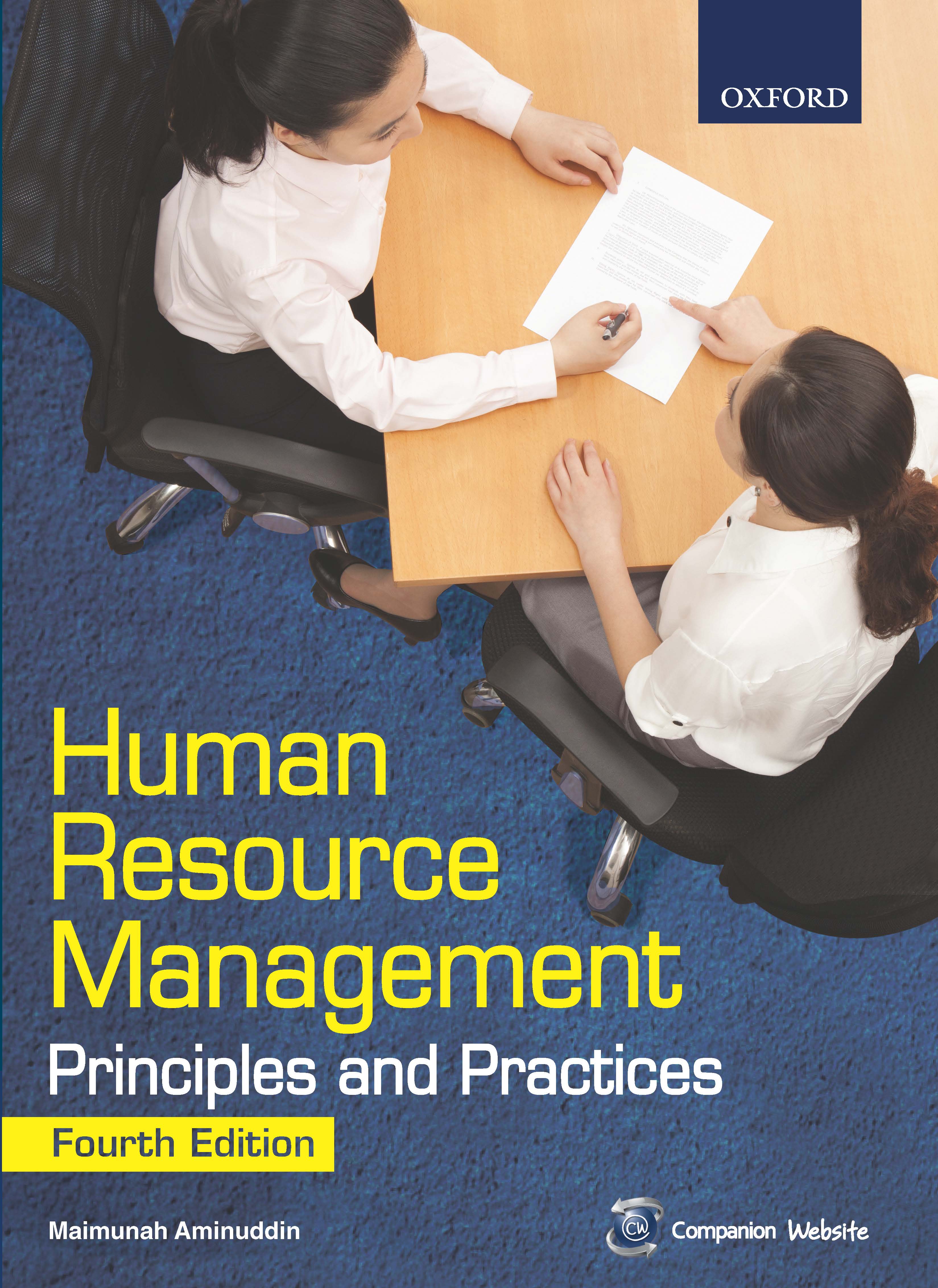
Generalists manage a wide range of HR tasks. They are responsible for balancing the needs both of the corporation and the individual employees. They need to be up-to-date with current HR regulations. But, this role does not come without its challenges. We'll be discussing the key aspects of this role and what requirements are required for those who want to pursue this career. We will also examine the education and salary requirements as well as offer some career options for those interested in entering this field.
Job description
As an HR Generalist, your work day may vary from industry to industry. It will depend on the season and the place. Every day begins with a cup or coffee. Next, you will set out your daily agenda. You might need to coordinate changes within employee benefit programs, participate in meetings, or write documentation. You could also be responsible in employee orientation.
Other duties for a Generalist include managing performance evaluations. These are recurring events where an HR professional sits down and evaluates the performance of an employee. This is a shared responsibility between the HR department and the business. Many important decisions about an employee’s future will be made on the basis of these evaluations. Specialists are available for larger organizations. But HR Generalists should be knowledgeable about the business functions involved in managing performance appraisals.

Education requirements
The education requirements for generalist HR positions may vary depending upon the company and industry. While a high school diploma is sometimes required, employers will also consider candidates who have relevant work experience. Candidates should also be aware of the fact that there are many areas of study that offer transferable skills. It may prove beneficial to have an MBA in human resources or a Master's Degree in accounting or finance if you have a background in these areas.
As Human Resources Generalists, they are expected be analytical and to have an understanding of key HR metrics. Oftentimes, they may need to train other employees on new systems. They should also be comfortable with digital tools. This includes pre-assessment technology and recruitment technology. Additionally, they should be proficient in online collaboration and communication platforms. This will allow them to be efficient advisors to clients. Further, an HR Generalist must be able to handle confidential information, which is essential to a business.
Salary
A generalist in human resource is paid a salary that varies depending on where you live and what industry you work. These professionals manage the day to day operations of a human resource office. They are responsible for employee evaluations and the development and implementation of HR policies and programs. They must also be multi-taskers, handling multiple projects at once. They may also be responsible for recruiting, firing, or maintaining organizational activities. This makes them vital to all businesses, small and large.
Generalists in HR need to have a bachelor's degree or equivalent in human resources, and some experience. Internships are a common way for generalists to get a feel of the job and its responsibilities. Salary for generalists in HR can vary widely depending on their industry and responsibilities. A bachelor's degree is more lucrative than someone with more experience. A good salary for HR generalists is generally determined by having at least two year experience.

Career path
You can gain more experience by working as a generalist in HR. The HR generalist role allows you to choose a variety of responsibilities within the HR department and is a more flexible position than a specialist. The generalist role can be used in many areas of human resources. However, they may also have the opportunity to advance to a more senior position such as human resources director by specializing in one area. A generalist in HR requires you to be organised and multi-tasking if you want to succeed.
If you're interested in working in HR, a generalist role may be the best option for you. A generalist role will allow you to work with many employees and take on a variety of tasks. However, larger organizations may need a team of specialists to address certain issues and provide more personalized attention to employees. While it's likely that you'll work in an office environment, a generalist position may also allow you to enjoy the jet set life. It's likely that you will spend much of your time traveling to campus and job fairs, looking for candidates.
FAQ
What are the steps to take in order to make a management decision?
The decision-making process of managers is complicated and multifaceted. It involves many factors, such as analysis and strategy, planning, execution, measurement, evaluation, feedback etc.
Remember that people are humans just like you, and will make mistakes. This is the key to managing them. As such, there are always opportunities for improvement, especially when you put in the effort to improve yourself.
In this video, we explain what the decision-making process looks like in Management. We'll discuss the different types and reasons they are important. Managers should also know how to navigate them. You'll learn about the following topics:
What is TQM?
When manufacturing companies realized that price was not enough to compete, the industrial revolution brought about the quality movement. They needed to improve the quality and efficiency of their products if they were to be competitive.
To address this need for improvement management created Total Quality Management (TQM) which aimed to improve all aspects of an organization's performance. It involved continuous improvement, employee participation, and customer satisfaction.
What are the 4 main functions of management?
Management is responsible of planning, organizing, leading, and controlling people as well as resources. This includes setting goals, developing policies and procedures, and creating procedures.
Management aids an organization in reaching its goals by providing direction and coordination, control, leadership motivation, supervision, training, evaluation, and leadership.
These are the four major functions of management:
Planning – Planning involves deciding what needs to happen.
Organizing – Organizing means deciding how to organize things.
Direction - This is the art of getting people to follow your instructions.
Controlling - This is the ability to control people and ensure that they do their jobs according to plan.
What's the difference between a program and a project?
A program is permanent, whereas a project is temporary.
A project has usually a specified goal and a time limit.
It is often performed by a team of people, who report back on someone else.
A program typically has a set goal and objective.
It is often implemented by one person.
Statistics
- 100% of the courses are offered online, and no campus visits are required — a big time-saver for you. (online.uc.edu)
- Our program is 100% engineered for your success. (online.uc.edu)
- The BLS says that financial services jobs like banking are expected to grow 4% by 2030, about as fast as the national average. (wgu.edu)
- The average salary for financial advisors in 2021 is around $60,000 per year, with the top 10% of the profession making more than $111,000 per year. (wgu.edu)
- UpCounsel accepts only the top 5 percent of lawyers on its site. (upcounsel.com)
External Links
How To
What are the 5S for the workplace?
Your workplace will be more efficient if you organize it properly. An organized workspace, clean desk and tidy room will make everyone more productive. To ensure space is efficiently used, the five S's (Sort Shine, Sweep Separate, Store and Separate) are all essential. This session will go over each of these steps and show how they can be used in any setting.
-
Sort.Put away papers and clutter so that you don't waste valuable time searching for something that you know is there. This means that you should put things where they are most useful. If you frequently refer back to something, put it near the place where you look up information or do research. Consider whether you really need the item. If it no longer serves a useful purpose, get rid it!
-
Shine. Get rid of anything that could potentially cause damage or harm to others. If you have lots of pens, it is a good idea to find a safe place to keep them. You might consider investing in a pen holder. This is a smart investment since you won't have to lose any pens.
-
Sweep. Clean off surfaces regularly to prevent dirt from building up on your furniture and other items. A dusting machine is a great investment to keep your surfaces clean. To keep your workspace tidy, you could even designate a particular area for dusting and cleaning.
-
Separate. Separate your trash into multiple bins to save time when you have to dispose of it. To make it easier to throw away your trash without having to look for it, trash cans are often strategically placed throughout an office. Make sure that you take advantage of this location by placing trash bags next to each bin so that you don't have to dig through piles of trash to find what you need.